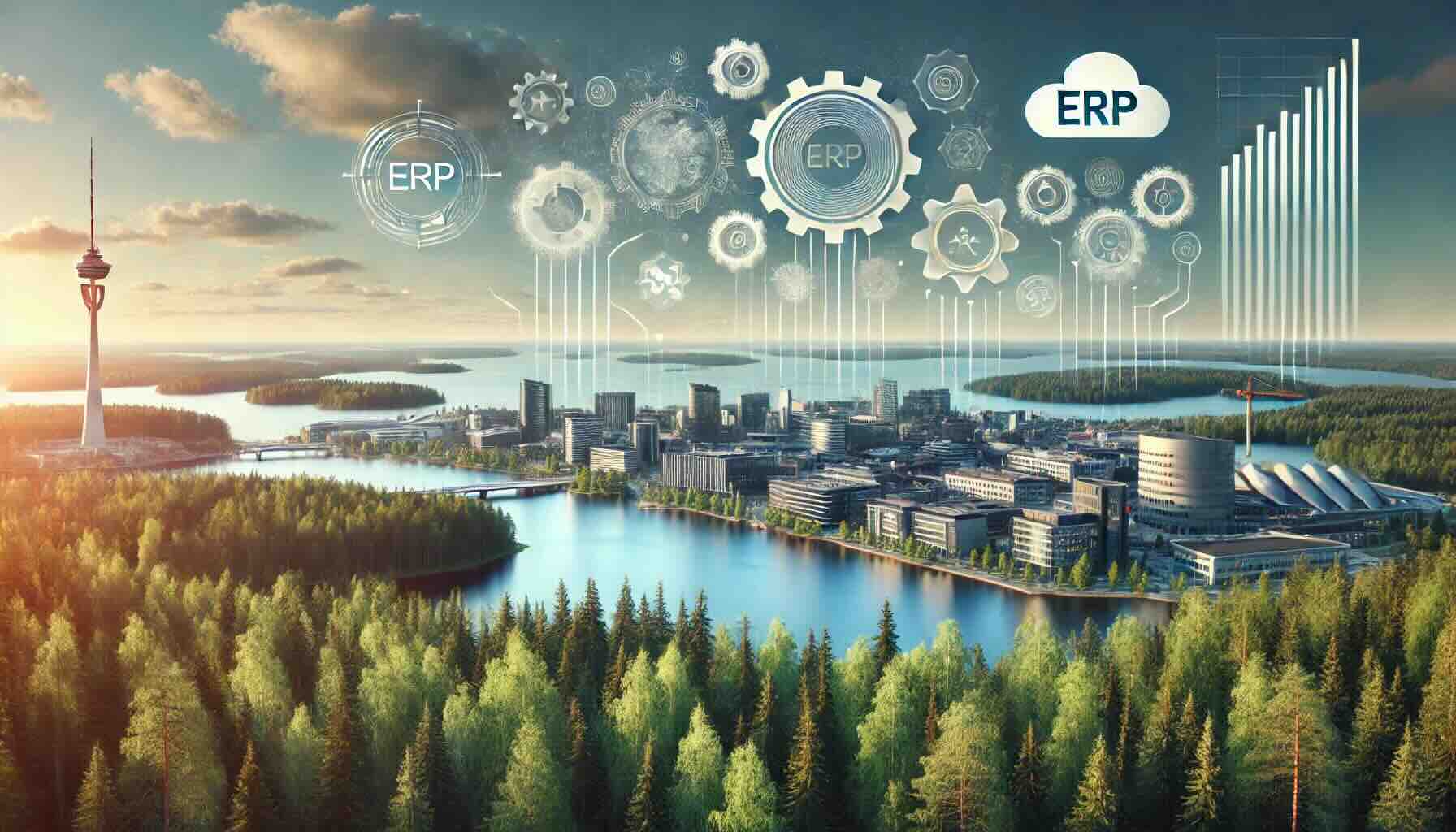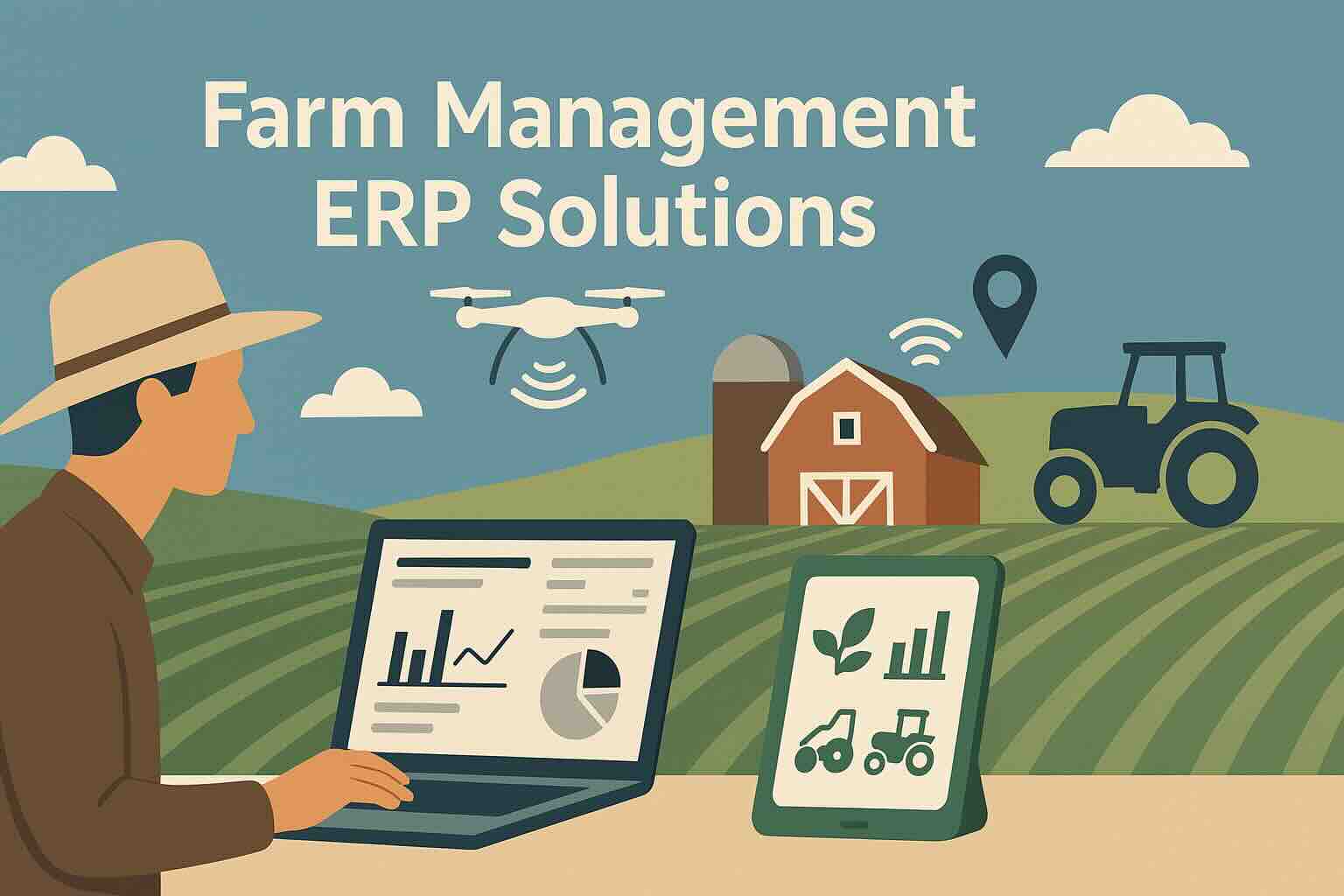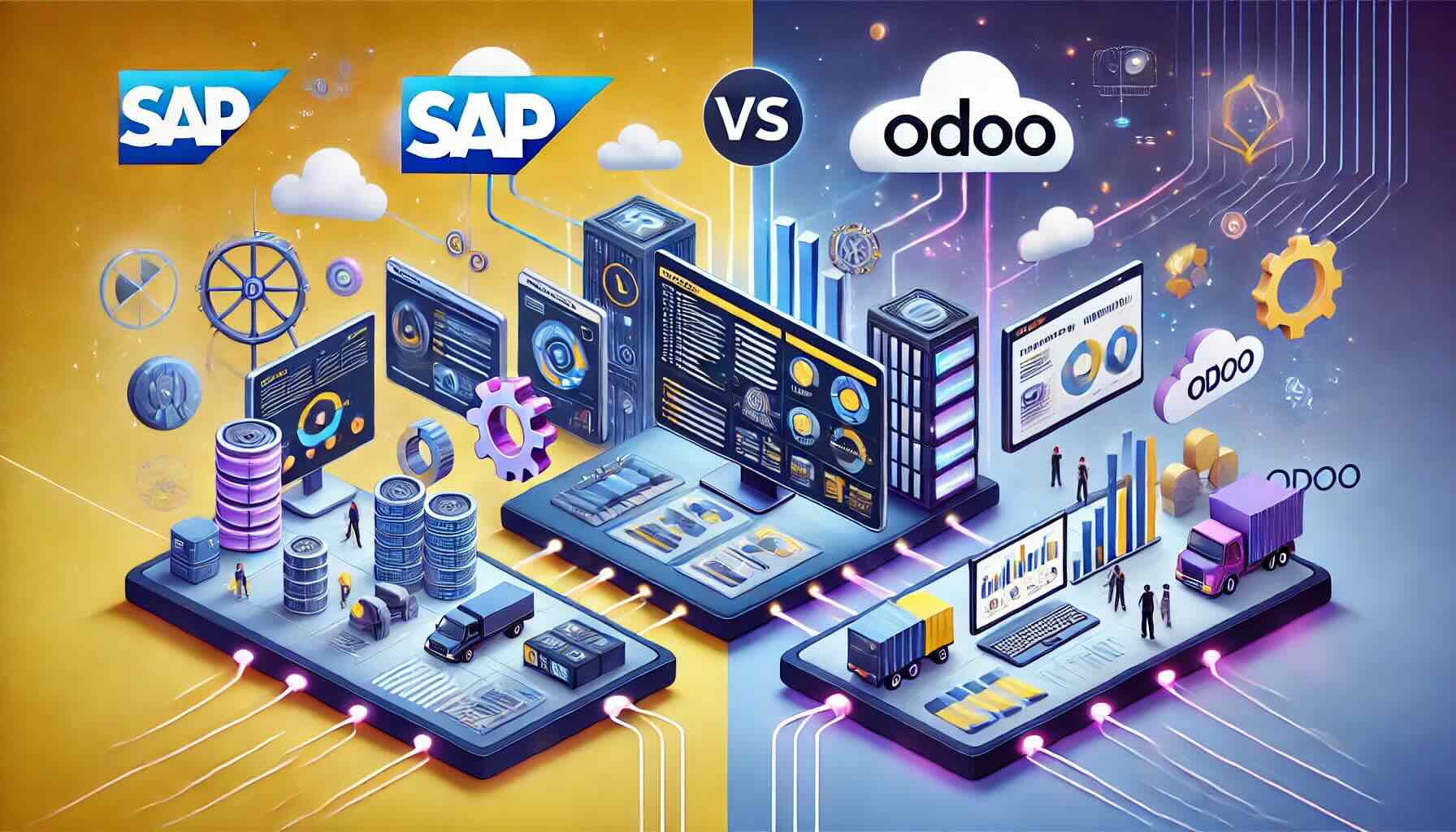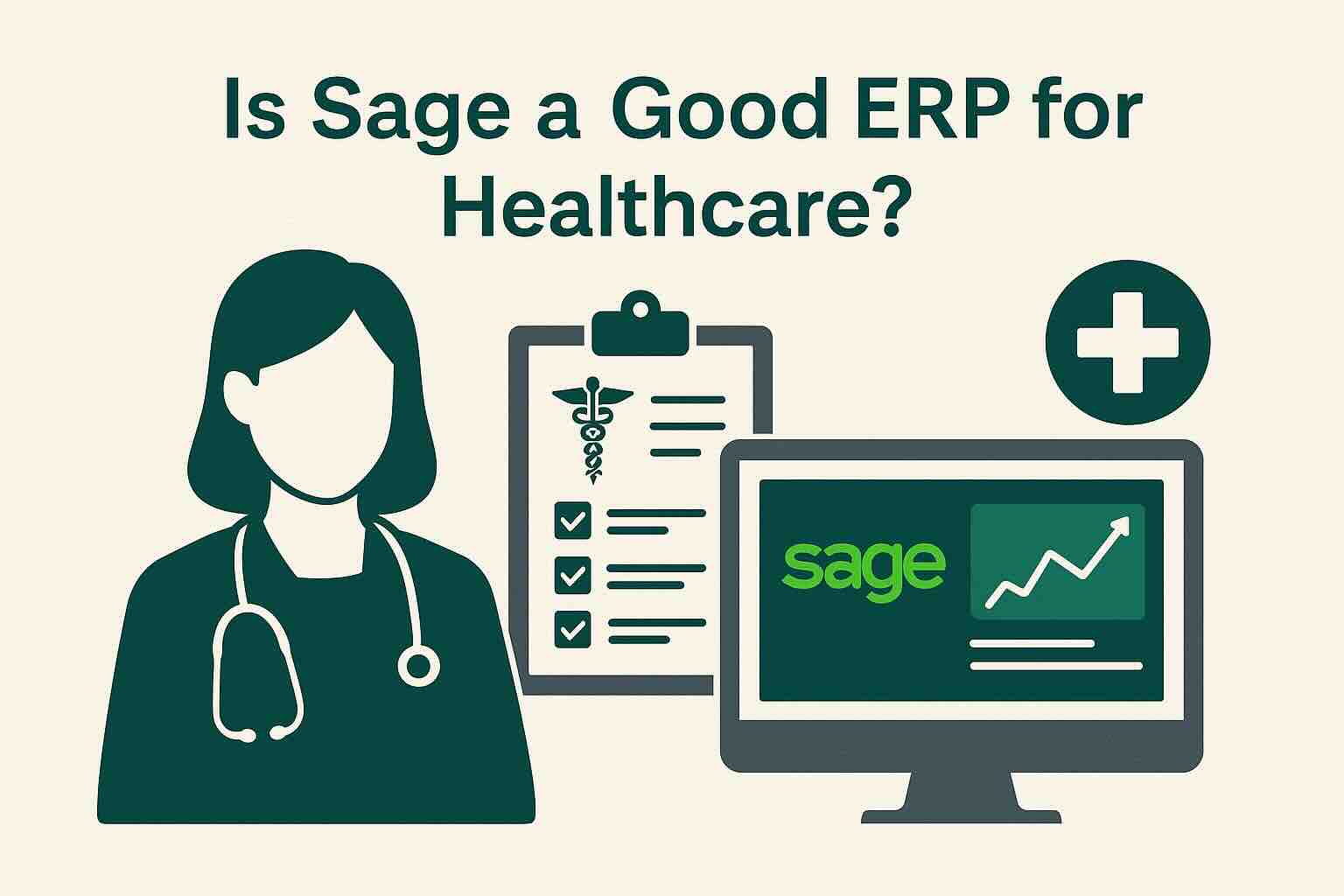ERP Rankings: Top ERP Systems for Your Business in 2024
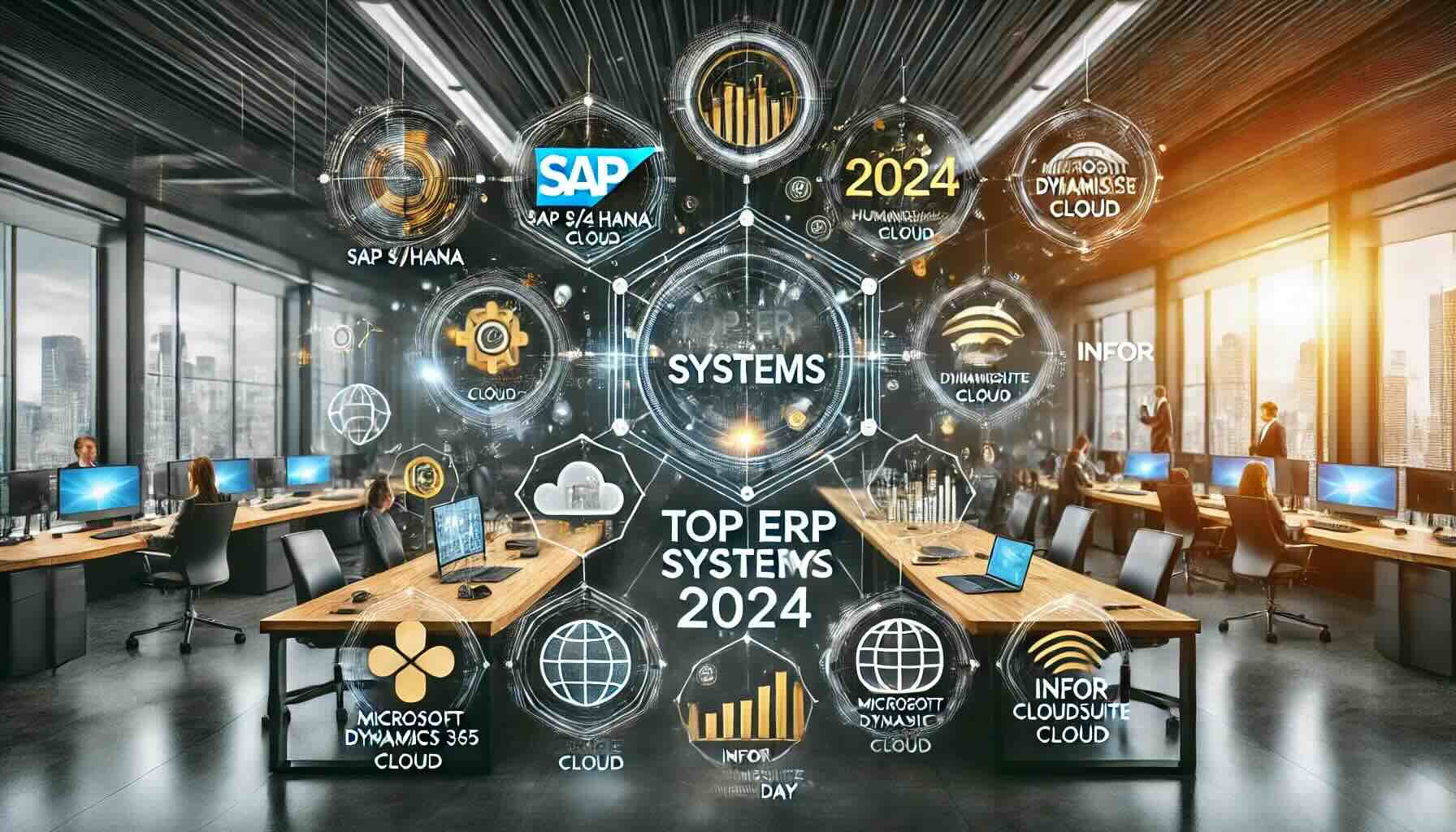
As businesses continue to grow and evolve, the need for efficient and scalable solutions becomes paramount. One of the most critical systems for any organization is the Enterprise Resource Planning (ERP) system. Selecting the right ERP can streamline operations, enhance productivity, and ultimately drive success. In this comprehensive guide, we will delve into the ERP rankings for 2024, helping you make an informed decision for your business.
What is ERP?
Enterprise Resource Planning (ERP) systems integrate various business processes and functions into a single comprehensive system. These systems facilitate the flow of information across departments, ensuring that everyone has access to up-to-date data. Key functionalities of ERP systems include finance, human resources, supply chain management, and customer relationship management.
Why ERP Rankings Matter
Choosing the right ERP system is a significant investment of time and resources. ERP rankings provide a reliable benchmark to compare different solutions based on their features, usability, customer support, and overall performance. These rankings are essential for businesses looking to implement a new ERP system or upgrade their existing one.
Top ERP Systems in 2024
1. SAP S/4HANA
SAP S/4HANA continues to dominate the ERP landscape with its robust features and advanced capabilities. It offers real-time analytics, streamlined processes, and a user-friendly interface. SAP’s strong industry-specific solutions make it a top choice for large enterprises.
Key Features:
- Real-time data processing
- Comprehensive analytics
- Industry-specific modules
- Scalability and flexibility
2. Oracle ERP Cloud
Oracle ERP Cloud is a versatile and powerful solution designed for modern businesses. It provides a complete suite of applications, including financial management, procurement, project management, and risk management. Oracle’s continuous innovation and updates keep it at the forefront of the ERP rankings.
Key Features:
- Integrated cloud platform
- Advanced analytics and reporting
- Robust security features
- Regular updates and enhancements
3. Microsoft Dynamics 365
Microsoft Dynamics 365 is a popular choice for small to medium-sized businesses. It integrates seamlessly with other Microsoft products, offering a familiar interface and ease of use. Its modular approach allows businesses to start with what they need and expand as they grow.
Key Features:
- Seamless integration with Microsoft Office Suite
- Flexible and scalable modules
- User-friendly interface
- Strong support and community
4. Infor CloudSuite
Infor CloudSuite is designed to meet the needs of various industries, including manufacturing, healthcare, and retail. Its industry-specific solutions and deep functionality make it a strong contender in the ERP rankings. Infor’s commitment to innovation ensures that their ERP solutions stay relevant and effective.
Key Features:
- Industry-specific solutions
- Advanced analytics and reporting
- Cloud-based deployment
- Strong customization options
5. Workday
Workday is a leading ERP system for human capital management and financial management. It is highly regarded for its intuitive interface and strong focus on user experience. Workday’s continuous development and customer-centric approach make it a top choice for many organizations.
Key Features:
- Comprehensive HCM and financial management
- User-friendly interface
- Regular updates and improvements
- Strong customer support
Factors to Consider When Choosing an ERP System
1. Business Needs
Assess your business requirements and choose an ERP system that aligns with your goals and objectives. Consider factors like the size of your organization, industry, and specific functionalities needed.
2. Scalability
Ensure that the ERP system can grow with your business. Scalability is crucial for accommodating future expansions and increased workloads.
3. Integration
Check if the ERP system can integrate with your existing software and systems. Seamless integration minimizes disruptions and enhances productivity.
4. User Experience
A user-friendly interface and ease of use are vital for employee adoption and efficient utilization of the ERP system.
5. Support and Training
Consider the level of support and training provided by the ERP vendor. Adequate support ensures smooth implementation and ongoing maintenance.
Conclusion
Selecting the right ERP system is a critical decision that can significantly impact your business’s efficiency and success. By referring to the ERP rankings for 2024, you can make an informed choice that meets your business needs and drives growth. Whether you opt for SAP S/4HANA, Oracle ERP Cloud, Microsoft Dynamics 365, Infor CloudSuite, or Workday, ensure that your chosen ERP system aligns with your strategic goals and operational requirements.
To compare these ERP solutions and many more, you can use our new AI-powered Compare ERP tool. It’s free to use and you get a guaranteed discount on your first year’s licence fees with a referral from Compare ERP.
